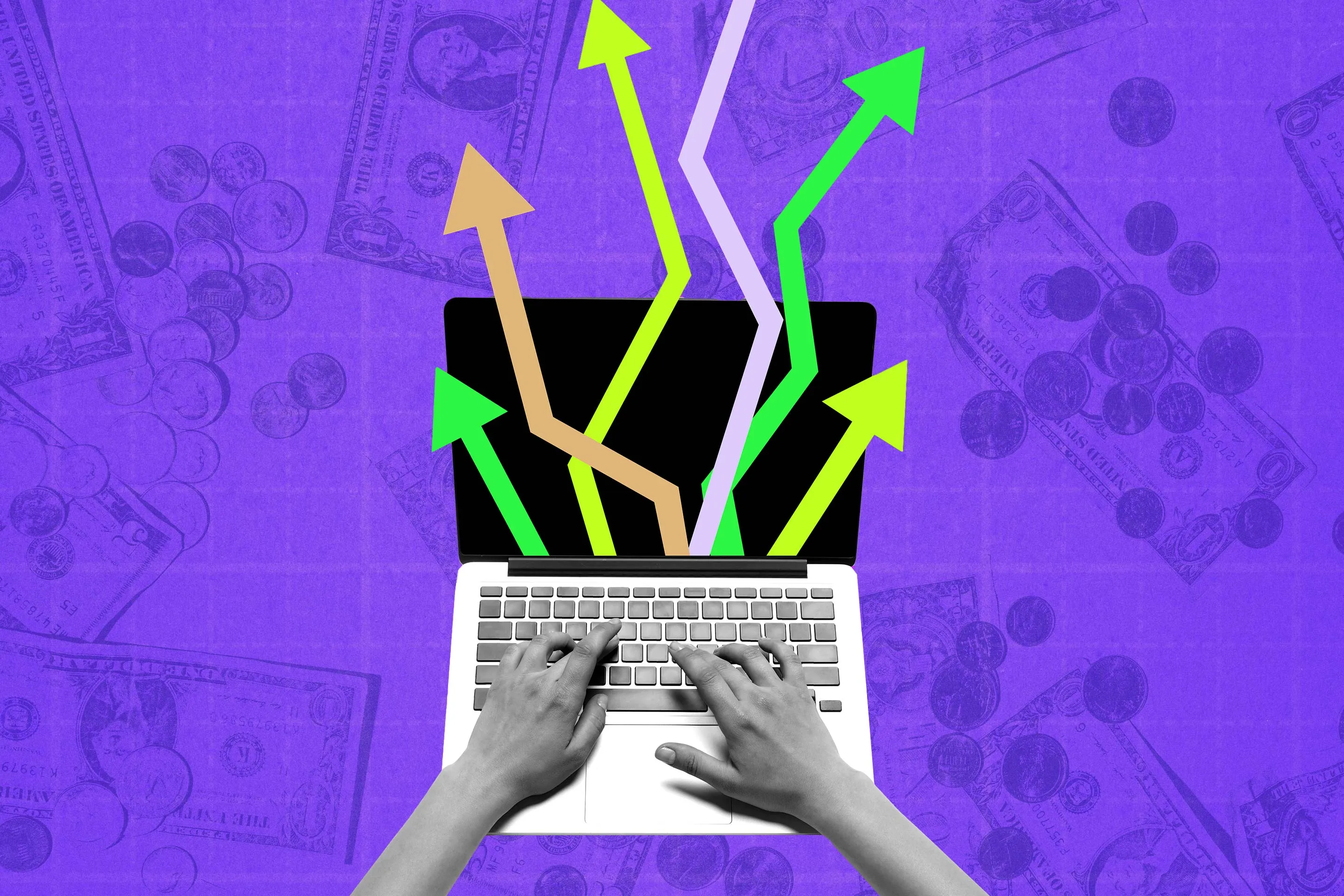Budget bill would add trillions to U.S. debt and increase inequality, Nobel laureate economists say

The recent budget bill passed by House lawmakers and supported by President Trump has sparked controversy among economists, particularly six Nobel laureates who argue that the bill would weaken safety-net programs and significantly increase the federal debt. The tax and spending package, known as the “one big beautiful bill” by Republicans, is criticized for its cuts to Medicaid and food stamps, which would negatively impact millions of Americans.
According to a letter written by the economists on behalf of the Economic Policy Institute, the House bill would lead to a staggering increase in public debt by over $3 trillion in the coming years. If certain provisions are made permanent, the debt could rise to over $5 trillion over the next decade. This surge in debt would put pressure on inflation and interest rates, affecting the overall economic stability of the country.
The authors of the letter, including renowned economists such as Daron Acemoglu, Joseph Stiglitz, and Paul Krugman, express concerns about the impact of the bill on inequality. They argue that the combination of tax cuts benefiting higher-income households and cuts to safety net programs would result in a significant upward redistribution of income. This could further widen the wealth gap in the country.
President Trump and his administration have defended the budget package as a rare opportunity to reduce government spending and stimulate economic growth. However, critics, including Senator Rand Paul, have raised concerns about the bill’s massive increase in military and border security spending, which they believe could exacerbate the nation’s debt crisis.
As the Senate prepares to review the bill, opposition from Democrats and some Republicans could pose a challenge to its passage. The fate of the legislation remains uncertain, with debates ongoing about its potential impact on the economy, inequality, and long-term financial stability.
In conclusion, the House budget bill has stirred intense debate and raised questions about the country’s fiscal future. While proponents argue that it presents an opportunity for economic growth, critics warn of its detrimental effects on safety-net programs, inequality, and the national debt. The Senate’s decision on the bill will be crucial in determining its ultimate impact on the nation’s financial well-being.





